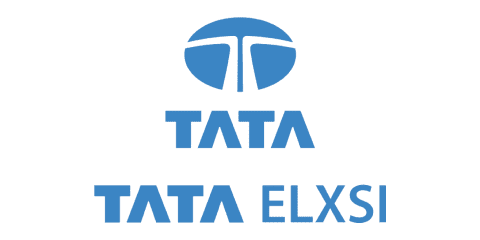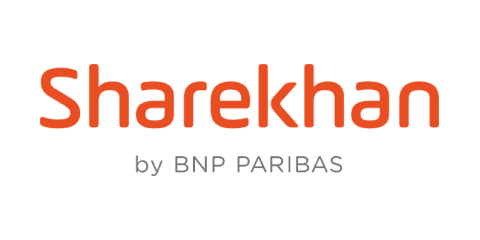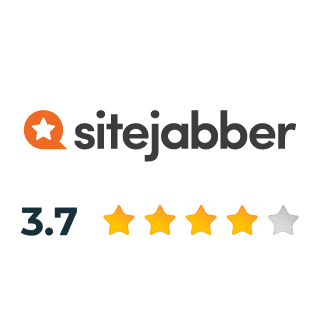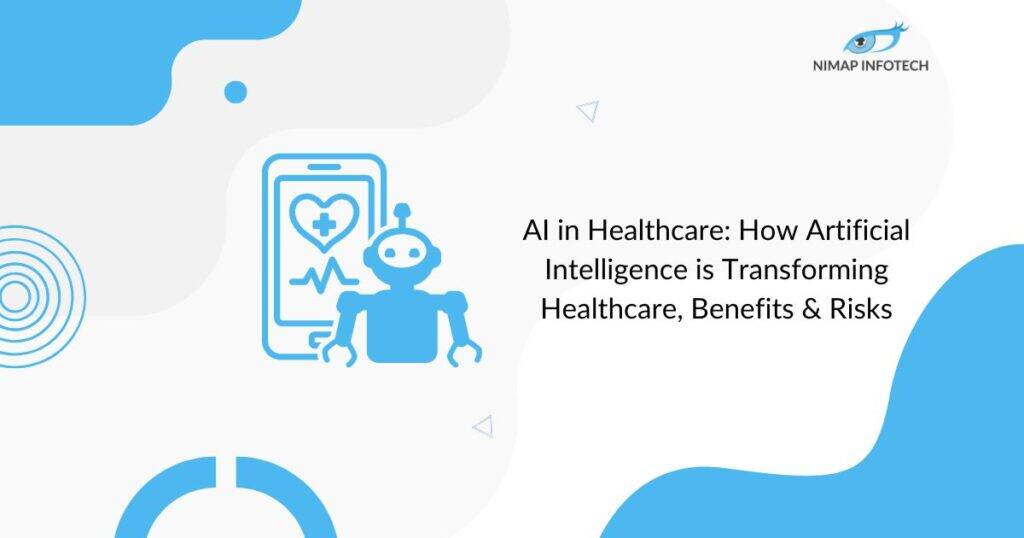About the Client
A hybrid U.S.-India firm, leading player in the e-commerce space, specializing in managing large-scale product catalogs and service workflows. Their operations span diverse product categories and require seamless coordination across systems for accurate and timely execution.
Business Impact
By unifying variant management and optimizing outbound service operations, the global digital operations agency significantly improved catalog consistency, reduced manual errors, and enhanced scalability, leading to faster go-to-market times and operational efficiency.
The Challenge
The Mid-sized tech and eCommerce firm struggled with fragmented systems and redundant workflows that led to inefficiencies and poor scalability.
“Managing product variants across multiple systems was a nightmare. We needed a scalable solution that could unify our workflows and reduce redundant tasks.”
– Project Lead, Digital Transformation Partner
Our Approach
We conducted a full-stack assessment of the client’s existing systems to identify performance bottlenecks, integration gaps, and opportunities for modularization. We then implemented targeted enhancements focused on consistency, error handling, and scalability.
Why Node.js, React.js, MongoDB & PostgreSQL?
- Node.js offered event-driven, non-blocking I/O ideal for handling high-volume service requests.
- React.js enabled a fast, interactive UI for catalogue management.
- MongoDB provided flexibility for unstructured data, while PostgreSQL ensured transactional consistency, delivering the best of both worlds in a hybrid database model.
Key Initiatives
- Re-architected the backend for modularity and scalability
- Introduced single-event-driven variant management
- Enhanced outbound service workflows with structured error handling
- Integrated MongoDB and PostgreSQL for hybrid database capabilities
The Solution
We built a modular, event-driven backend system that consolidated product variant workflows and improved outbound service execution. The unified architecture minimized manual intervention and simplified future scalability. Robust error handling was embedded to ensure smooth service operations.
Features Delivered
- Centralized product variant creation via a single workflow
- Integrated error-handling framework for outbound services
- Independent modules for catalogue and service management
- Hybrid NoSQL/SQL database structure for flexibility and reliability
The Results
| Metric | Before | After | Improvement |
| Variant Management | Manual multi-system entry | Unified single-event-driven system | 60% reduction in manual workload |
| Outbound Service Operations | Basic handling with limited error detection | Enhanced logic with full error tracking | 40% fewer service execution failures |
| System Modularity | Tightly coupled components | Fully modular architecture | 70% faster updates & issue resolution |
| Scalability | Performance bottlenecks with data growth | Optimized hybrid database for large data volumes | 2x faster data processing |
Client Testimonial
“Nimap’s team helped us break free from rigid workflows and build a scalable foundation. Our catalog operations are now streamlined, and we’ve seen a tangible boost in efficiency.”
— Head of Technology, Global Digital Services Provider
Conclusion
By adopting a modern full-stack architecture and focusing on scalable, error-resilient design, the technology company overcame long-standing operational bottlenecks. This transformation not only improved day-to-day efficiency but also set the stage for long-term digital growth.








































